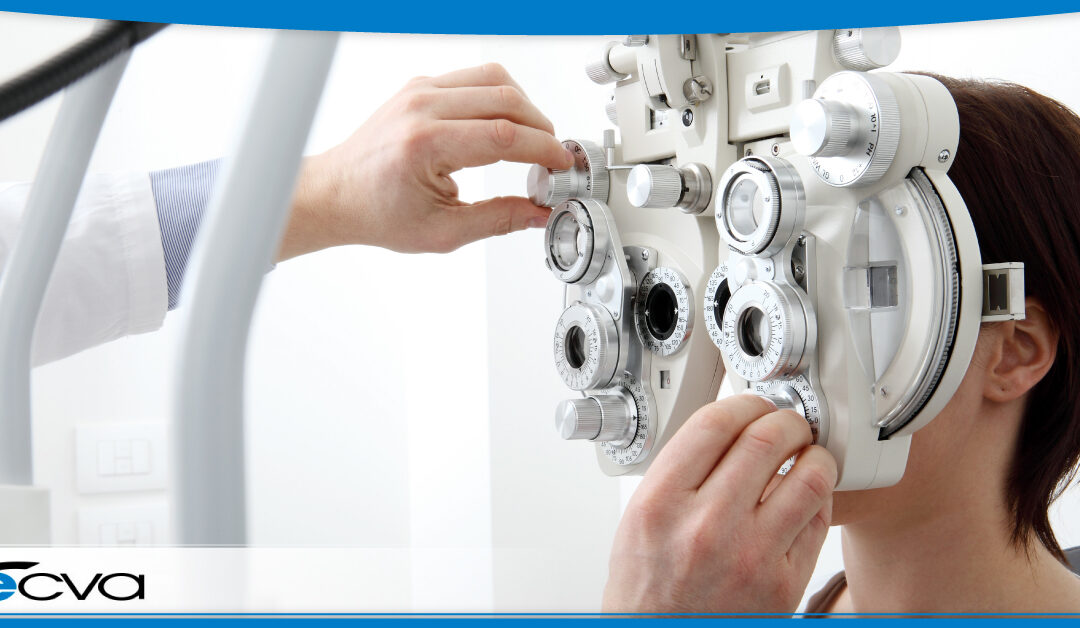When you’re looking for a new eye care provider, you may notice that eye care providers can have several different titles. If you don’t know the differences, choosing an optometrist, optician, or ophthalmologist may seem like a challenge. Fortunately, how they stand apart is relatively straightforward. If you need to find the right eye care provider for your needs, here’s a look at what optometrists, opticians, and ophthalmologists are and what they can each do.
Optometrist
An optometrist typically has a doctorate of optometry, but they aren’t classified as medical doctors. Still, their training and license allow them to provide various services. Optometrists can conduct eye exams and write vision correction prescriptions. They can also test for eye abnormalities and prescribe medications to treat specific conditions. Fitting glasses or contact lenses is also something that optometrists can handle.
Optometrists can also monitor for eye changes that may come with specific health conditions, such as diabetes. They can assist with managing chronic eye conditions, including dry eye, cataracts, and glaucoma, and provide vision therapy. However, an optometrist isn’t able to provide surgical treatment.
Optician
Opticians are eye care providers who are able to support optometrists. Opticians aren’t able to diagnose or treat conditions directly, and they can’t write prescriptions or conduct exams.
While opticians can’t conduct eye exams, they can assist with fittings for glasses and contacts. As a result, they can still play an essential part in the vision correction equation.
Typically, opticians go through up to two years of training, and they may need a license to serve in the position. However, whether licensing is required varies by state.
Ophthalmologist
Unlike opticians and optometrists, ophthalmologists are medical doctors, either holding a doctorate of medicine or a doctorate of osteopathy. They have advanced education and training, allowing them to diagnose and treat a wider variety of vision or eye conditions, including the ability to provide surgical care when needed. However, they can also provide services that optometrists can offer, making them more comprehensive overall.
Essentially, ophthalmologists can provide total eye care without referring you to a separate specialist. Whether you need simple vision correction or more advanced medical treatments, an ophthalmologist is able to provide the services you need.
Ultimately, the type of eye care provider you need may depend on your goals for treatment and the conditions involved. When it comes to comprehensive care or needing specialized services, such as surgery, an ophthalmologist has the most to offer. However, for more traditional eye care needs, an optometrist can handle quite a bit, making them a viable alternative when advanced treatments aren’t necessary.
Family Eye Care in WNY
At ECVA, the safety and health of our patients’ eyes are our priority. If you’re looking for a new eye care provider or haven’t had an exam in the past year, the ECVA team is here to help. Schedule an appointment at your closest ECVA clinic today.


